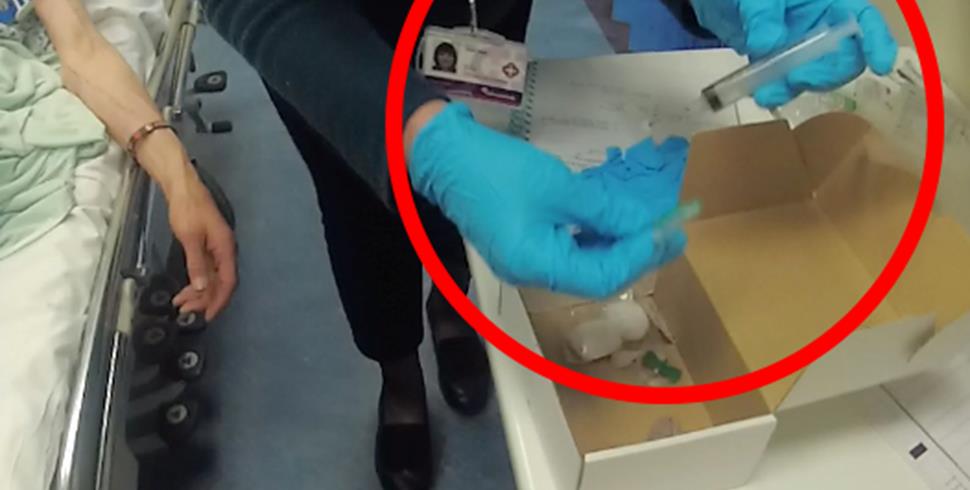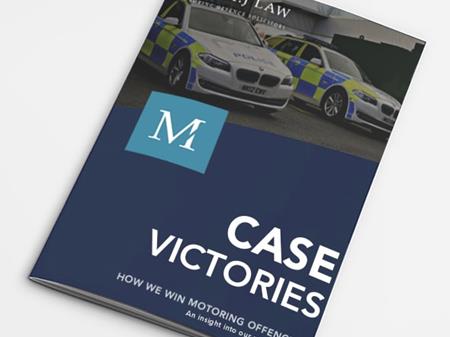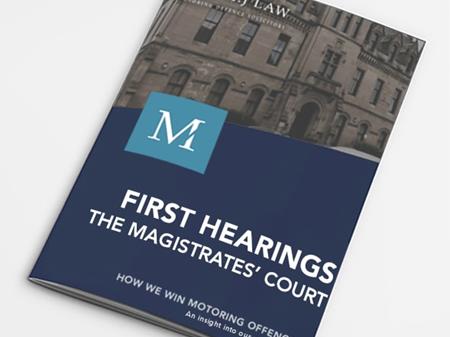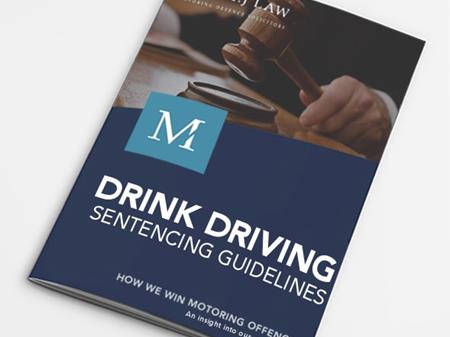
M.A.J Law is quickly learning of a testing issues with SYNLAB - a key player in the forensic testing of drug driving blood samples. This follows the Random Testing Scandal which resulted in over 10,000 drug driving cases being dropped. Can we expect a similar scale disaster and why haven't lessons been learnt?
What do we know so far?
The problem seems to go back as far as 2019 and in many cases will effect people who have already been convicted of drug driving. In May 2021, we received two letters from the Crown Prosecution Service notifying us of issues with the reliability of results produced by SYNLAB. I have copied the letter below;
Dear Sir / Madam,
DEFENDANT(S): John Riley
URN: XXXXXXXXX20
I write to advise you that a recent investigation has concluded that the results of the toxicology test conducted by Synlab in this case are not reliable as to the quantity of the drugs identified in the test. A short note of explanation is attached. I bring this to your attention as material which might reasonably be considered capable of casting doubt upon the safety of the conviction, so you may take such steps as you consider appropriate on behalf of your client.
Who are Synlab?
On its website, Synlab describe themselves as At SYNLAB, we provide laboratory, diagnostic and advisory services to a diverse range of sectors, from healthcare, wellness and veterinary, to food, family law and transport. We carry out over 25 million tests every year and employ more than 1,300 people across the UK and Ireland.
We pride ourselves on the positive difference we make to people, animals, the environment, workplaces and other consumers by providing reliable, effective and timely diagnostic information.
This is the latest in a series of quality issues affecting forensic toxicology in drug driving cases. From a scientific perspective, the analysis of drugs in blood at the low levels required in s5A cases is complex. When a large number of tests are performed each year, mistake will be made. The UK Accreditation Service is currently commencing a review of the toxicology sector, which will involve increasing the level of detail against which forensic units are assessed. Up until that point, mistakes will inevitably continue.
The letter continues...
In late November 2020, following an independent defence review of analytical data from a Section 5A Road Traffic Act 1988 case involving Δ9-Tetrahydrocannabinol (THC), a number of issues were raised in relation to quality control and evaluation of data at the Synlab forensic science laboratory. Following these issues being raised Synlab informed my office and the assessment body (UKAS) and voluntarily suspended its accreditation, for this work, to the quality standard ISO 17025. Synlab was then audited by both UKAS and an independent consultant forensic toxicologist in early January 2021. These audits confirmed that the analytical methodology employed by Synlab was not fundamentally flawed and that there was no evidence of any improper activity. However, it was highlighted that the method was, in the area of the legal limit for THC, working close to its limit of sensitivity and the forensic unit’s quality assurance criteria needed to be more clearly defined to withstand the rigors of the CJS.
A full review is underway, beginning with the most recent cases, to identify any cases where a result above the legal limit has been erroneously reported. It is extremely important that this review is accurate and it will take some weeks to complete. A full list of all cases submitted to Synlab will be provided to police forces on 5 February. Police forces have been asked to review the detailed lists immediately upon receiving them, with a focus on identifying cases that are currently in court or soon due in court, and to inform local CPS. Many of these cases will be unaffected by the issues, but an adjournment may be required in order that the review can be undertaken. This issue only affects s5A Road Traffic Act 1988 cases analysed by Synlab. The issues do not affect the detection of THC, only the robustness of the determination of whether THC at a low level can be safely concluded to be over the legal limit.
The vast majority of affected cases are therefore where THC was detected at a low level. Most samples contracted to this forensic unit were only for analysis of THC. However, in a small number of cases, the unit analysed the full panel of s5A drugs and these cases will also be reviewed.
What to do next...
If you think your case involved SYNLAB, please get in touch immediately. We may be able to appeal against an unsafe conviction. You may even be entitled to claim compensation.
More information?
Our Case Studies take a look a real cases involving real people. You may also be interested in reading about court hearings in the Magistrates' Court and Sentencing Guidelines. You can also view our case studies page for more information.

A Summary of Recent Cases – Marcus A Johnstone
How to win the 'unwinnable' cases...

Drink Driving – Your First Court Hearing
This booklet discusses a drink driving first court hearing - Is a solicitor necessary?

Will you go to prison?
This booklet looks at the Magistrates' Court Sentencing Guidelines for drink driving
Next Steps: Please get in touch to discuss your case with a member of our team. You can use the contact form below or call 01514228020 for free initial advice. You can also use our drink driving ban calculator or check out our video series.
0151 422 8020
Useful Links;
Please note: As a criminal defence firm we are unable to deal with compensation claims or advise on any aspect of civil litigation. We recommend you contact a civil litigation firm.



